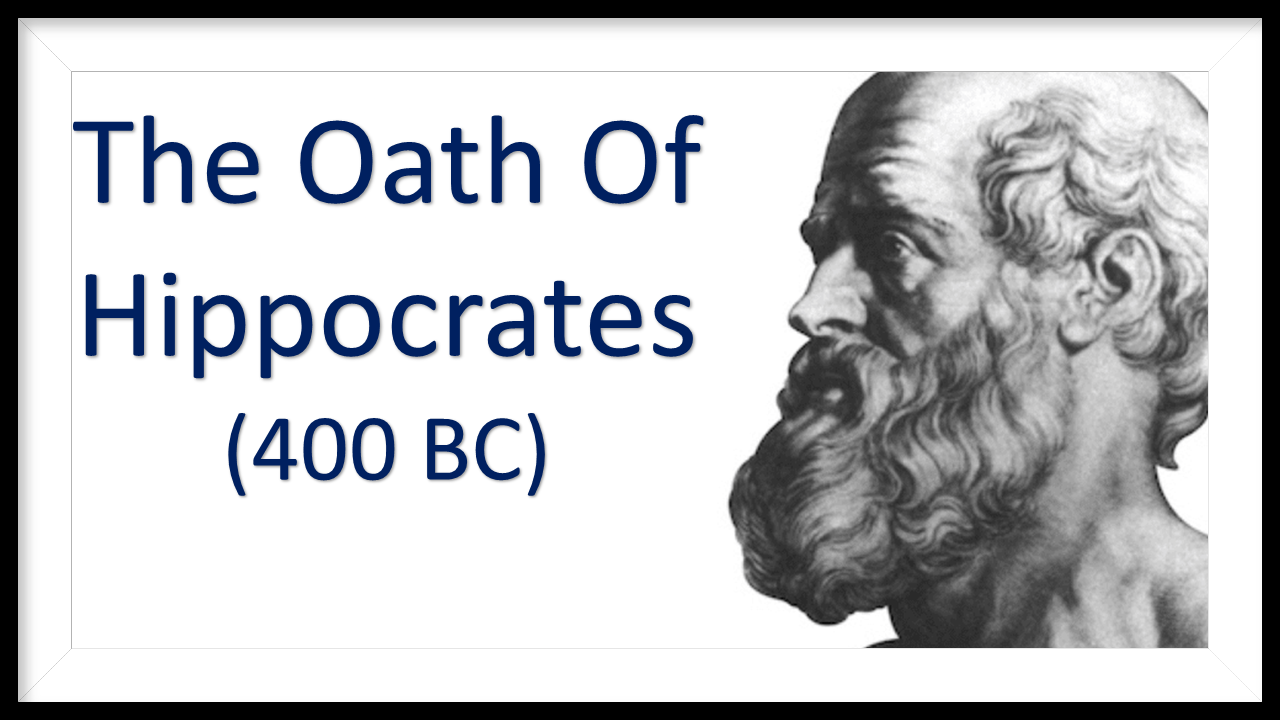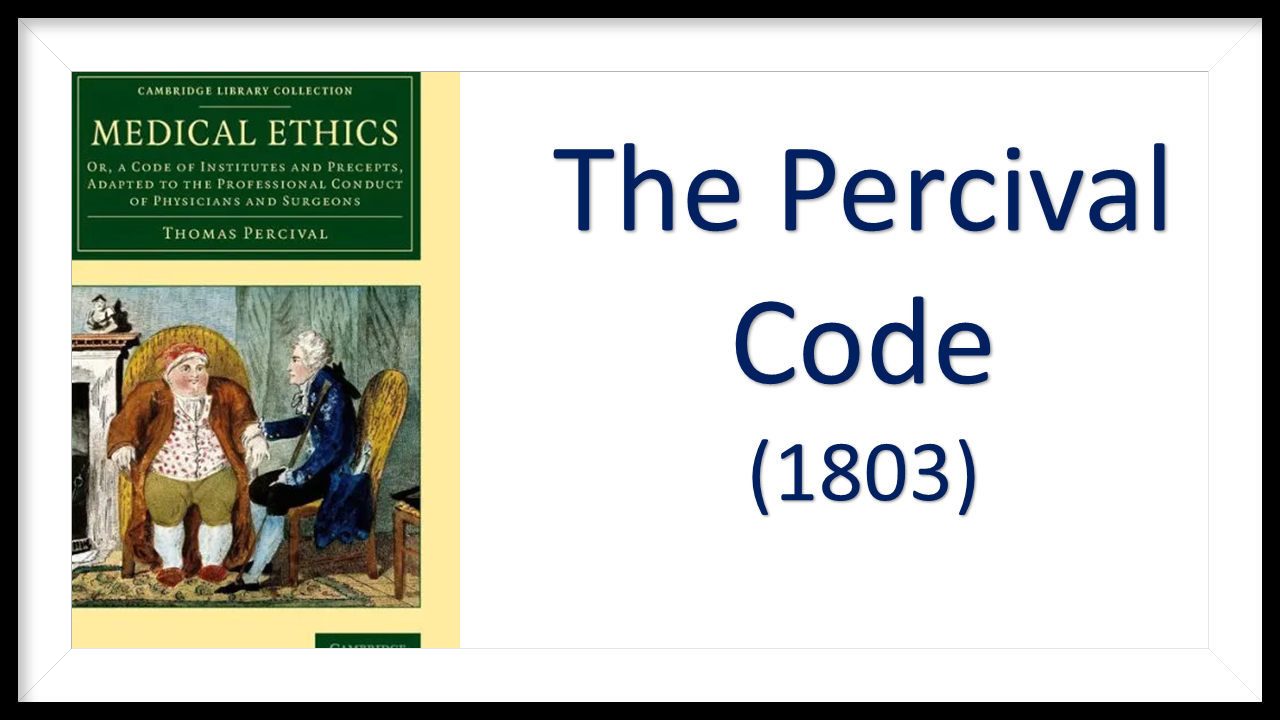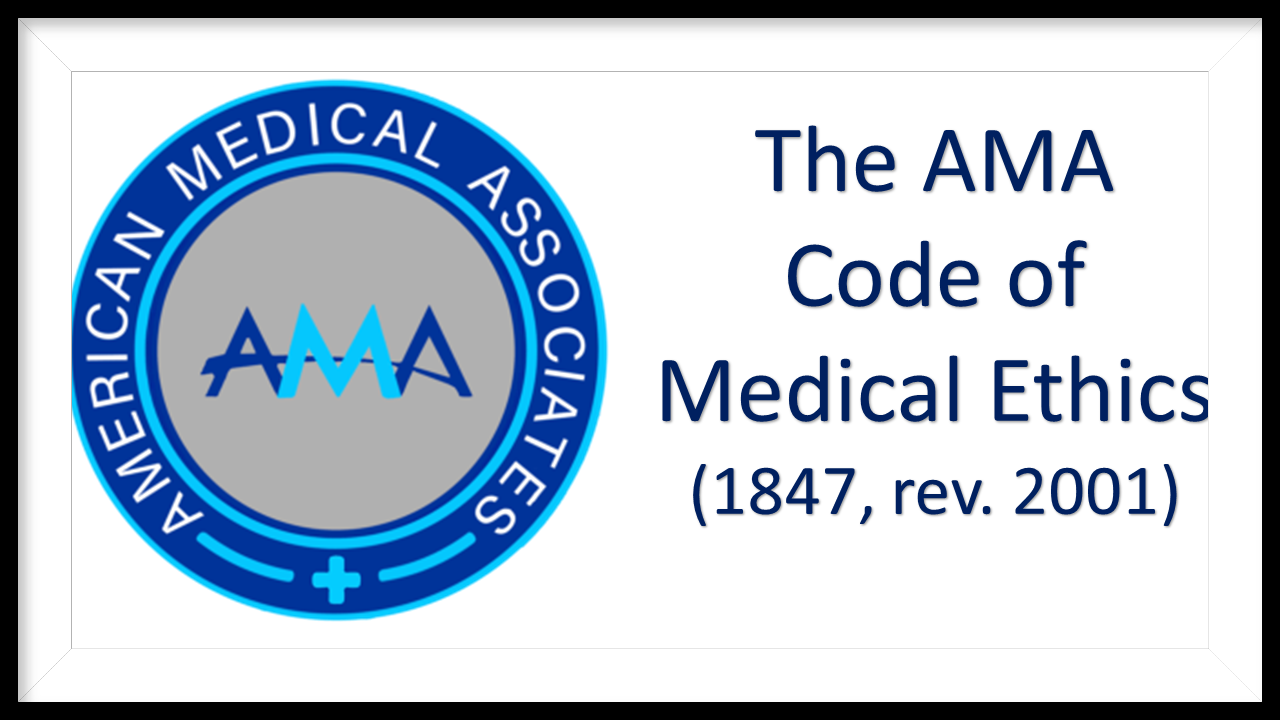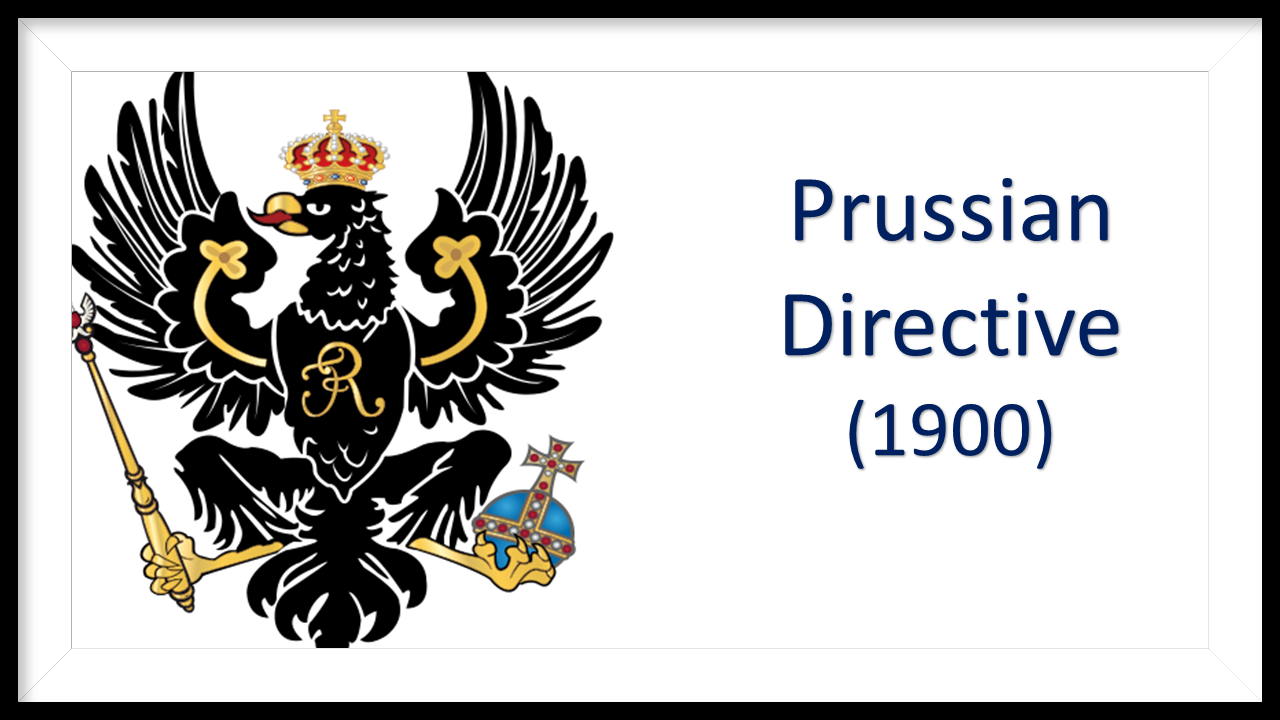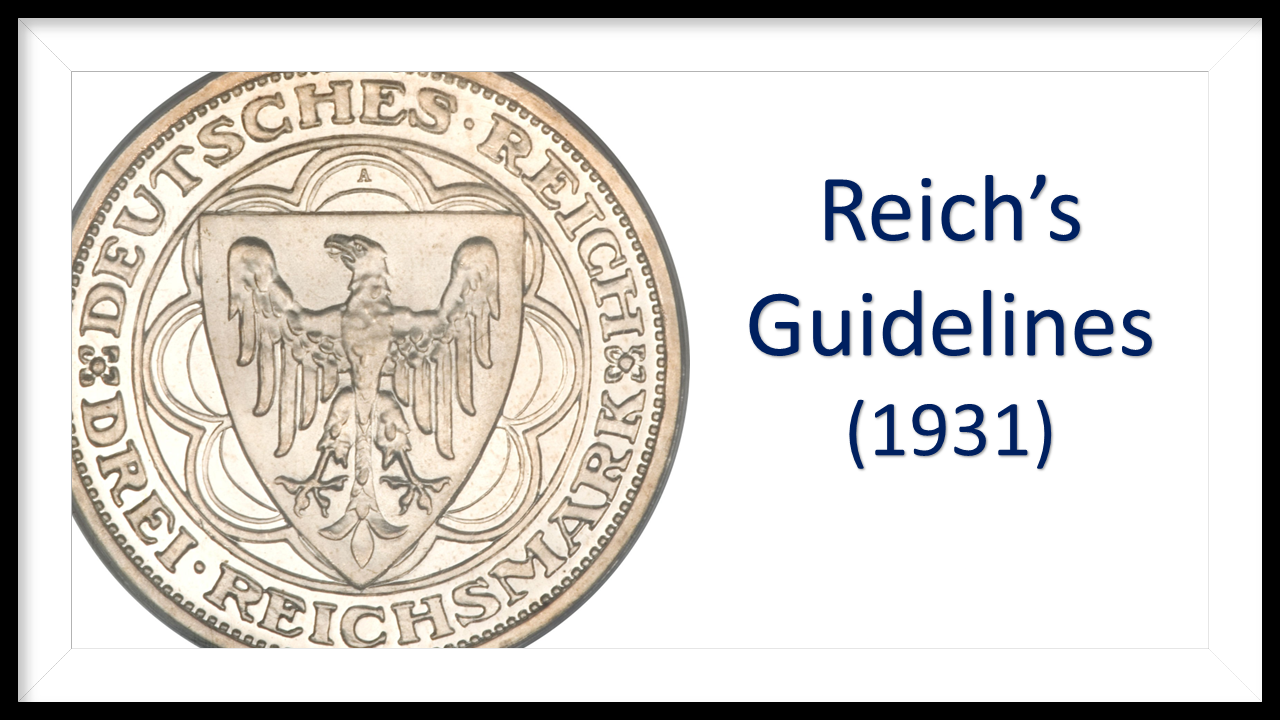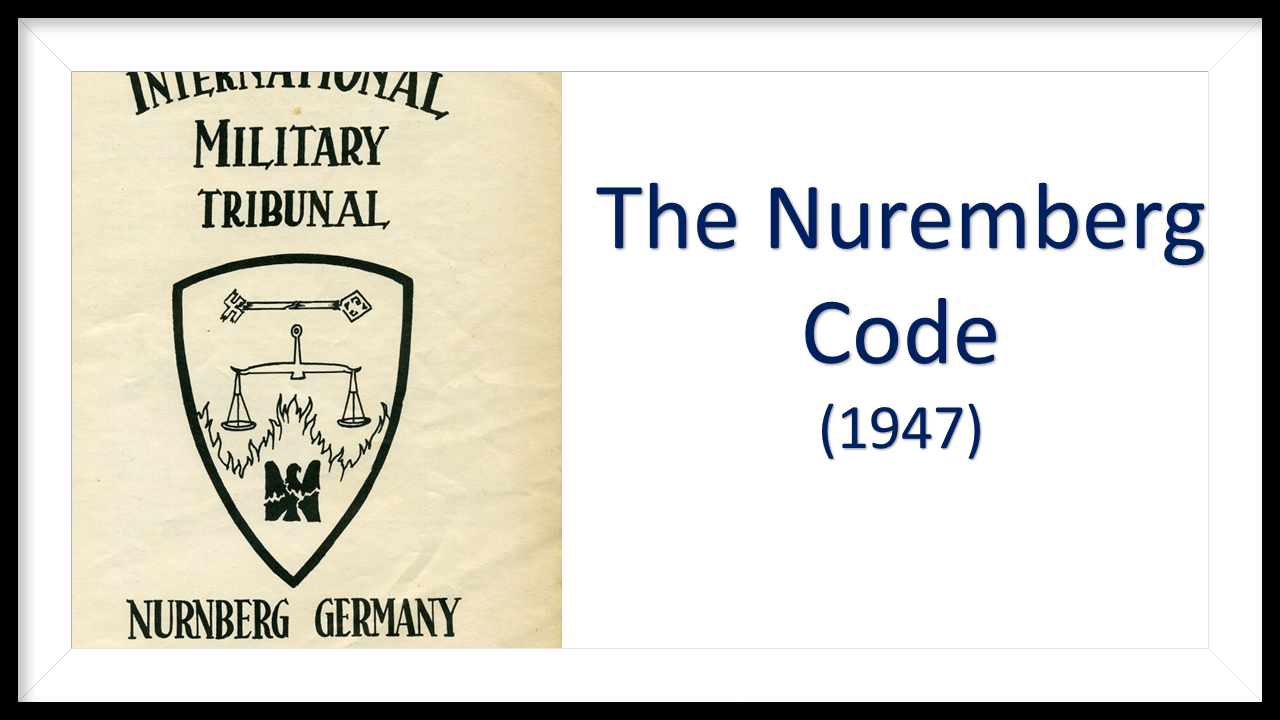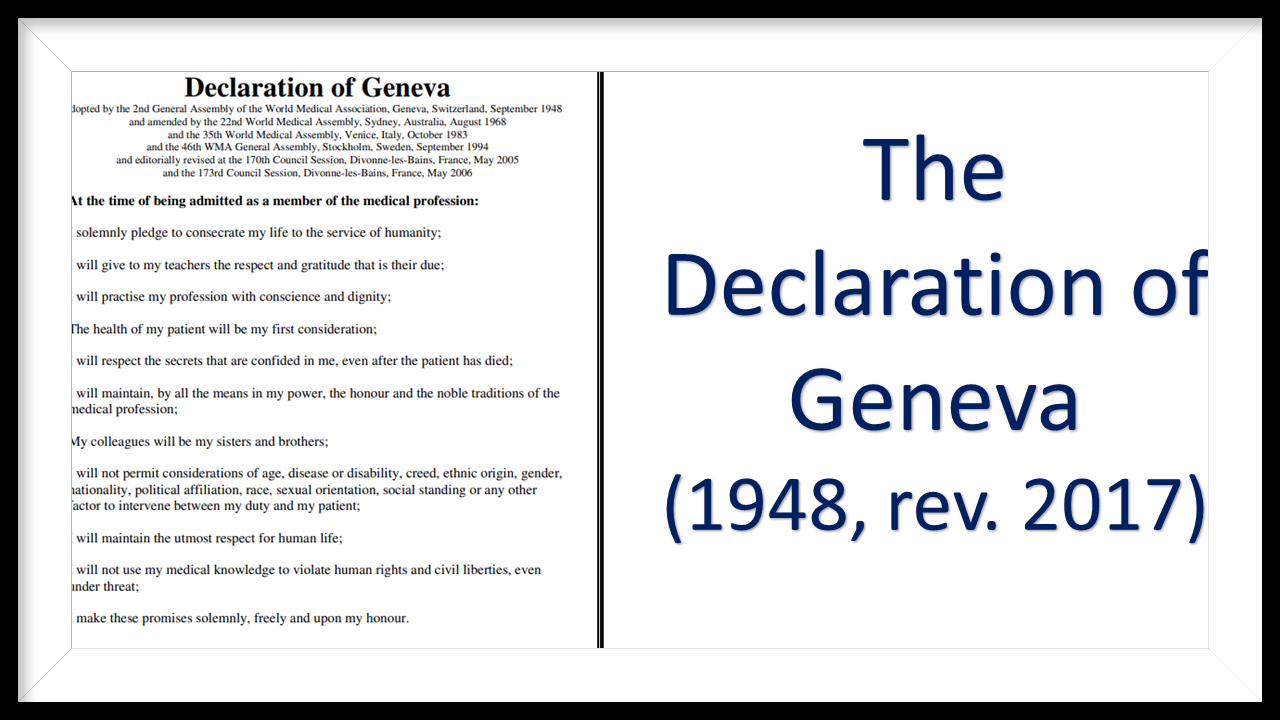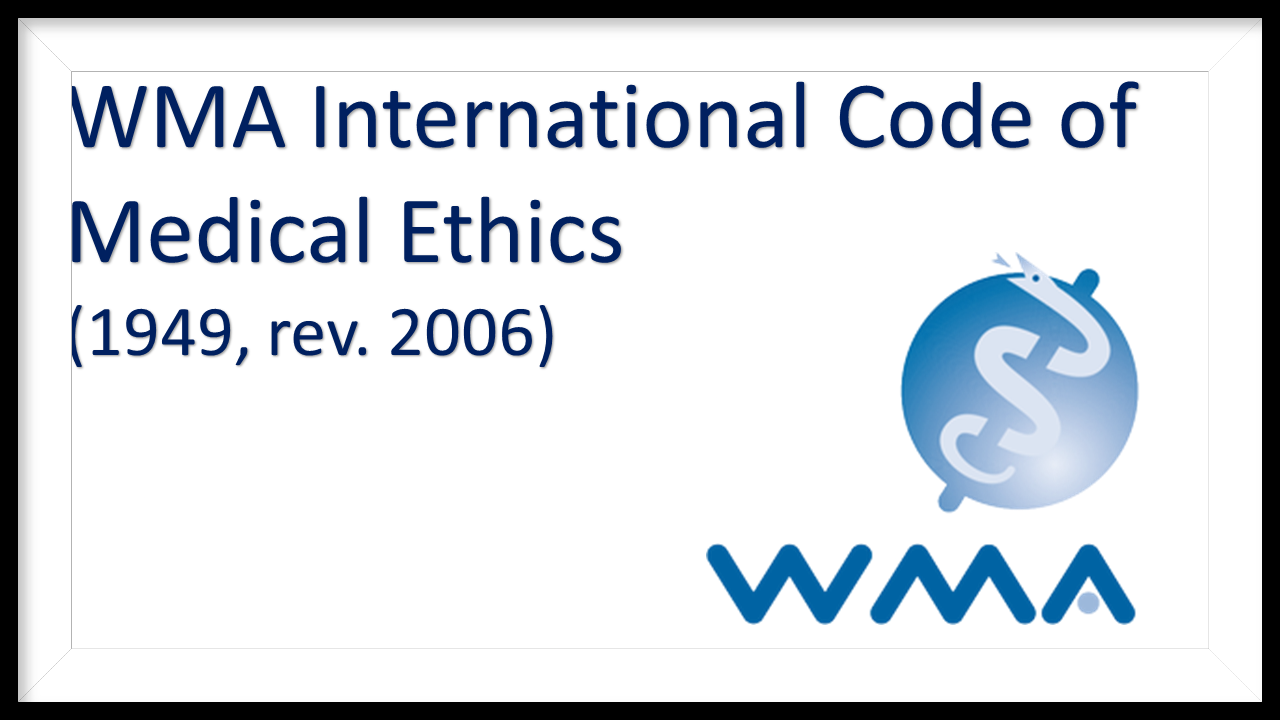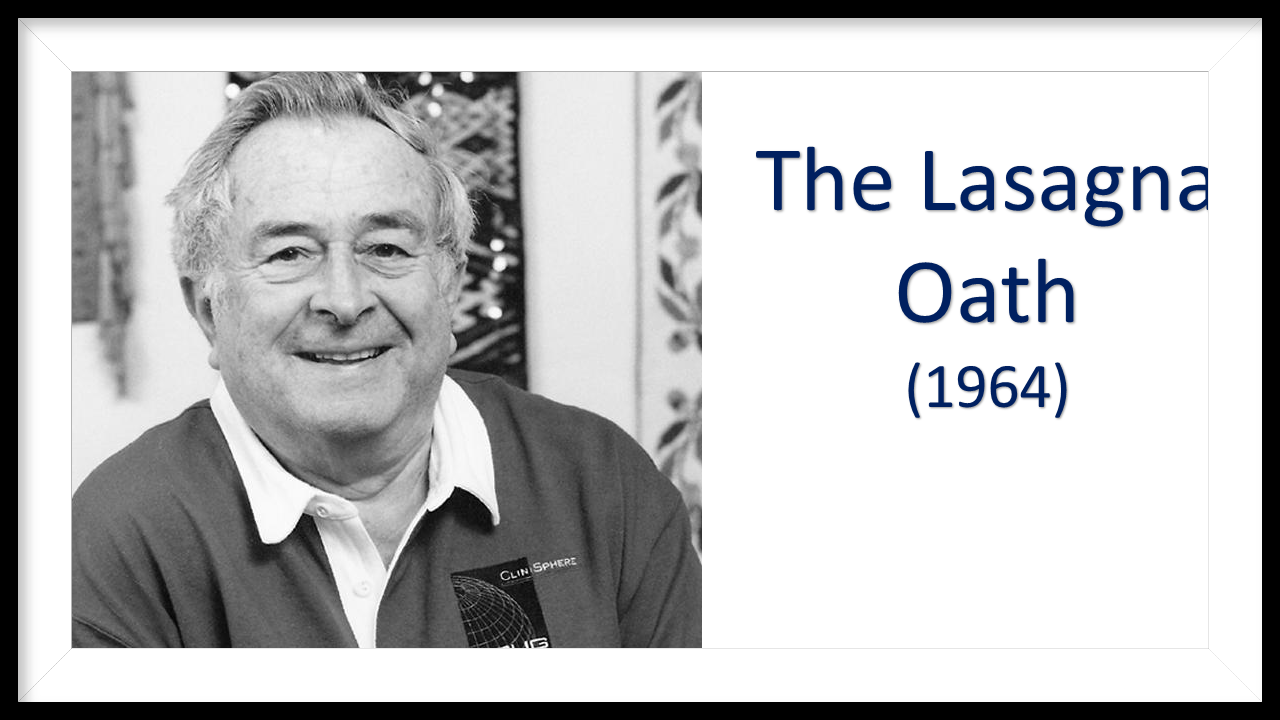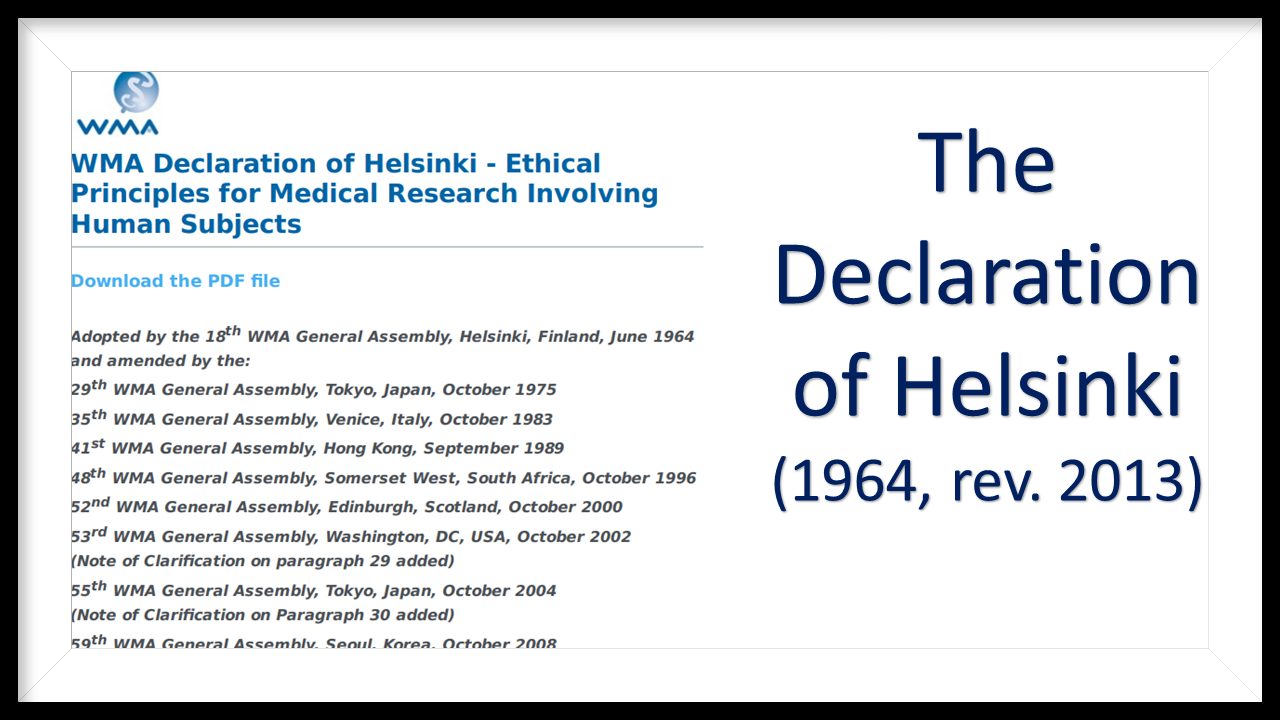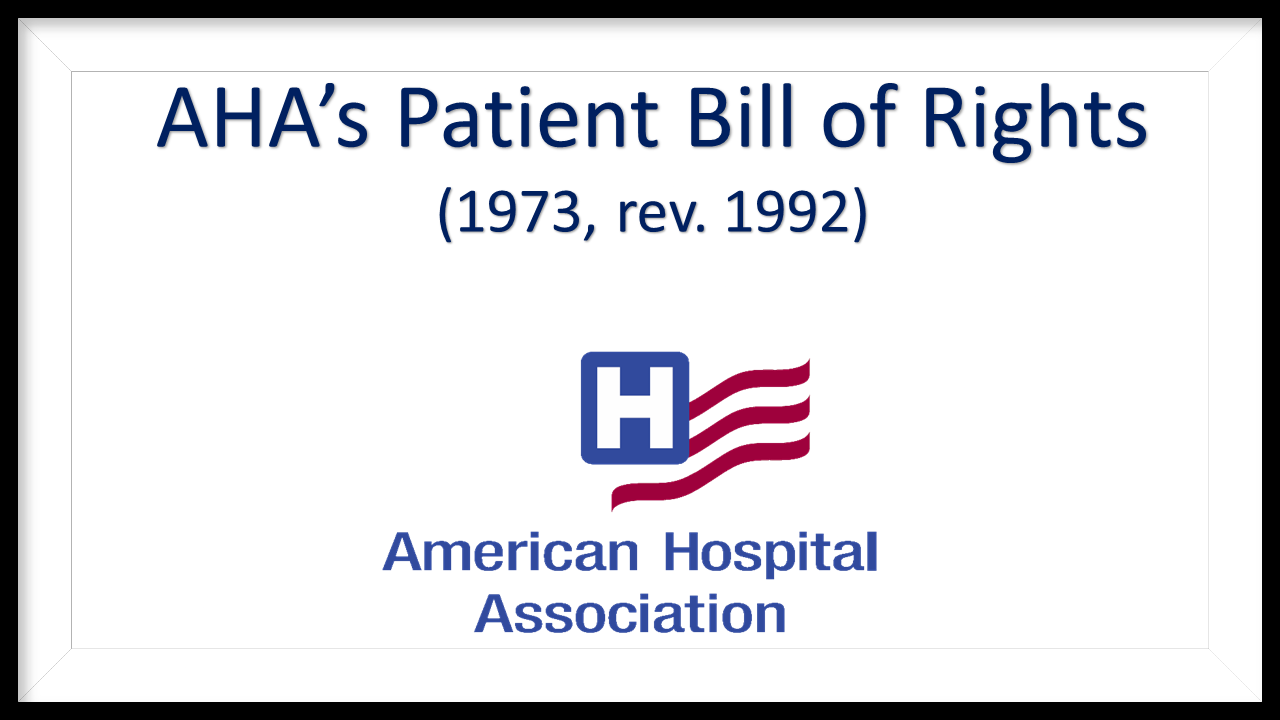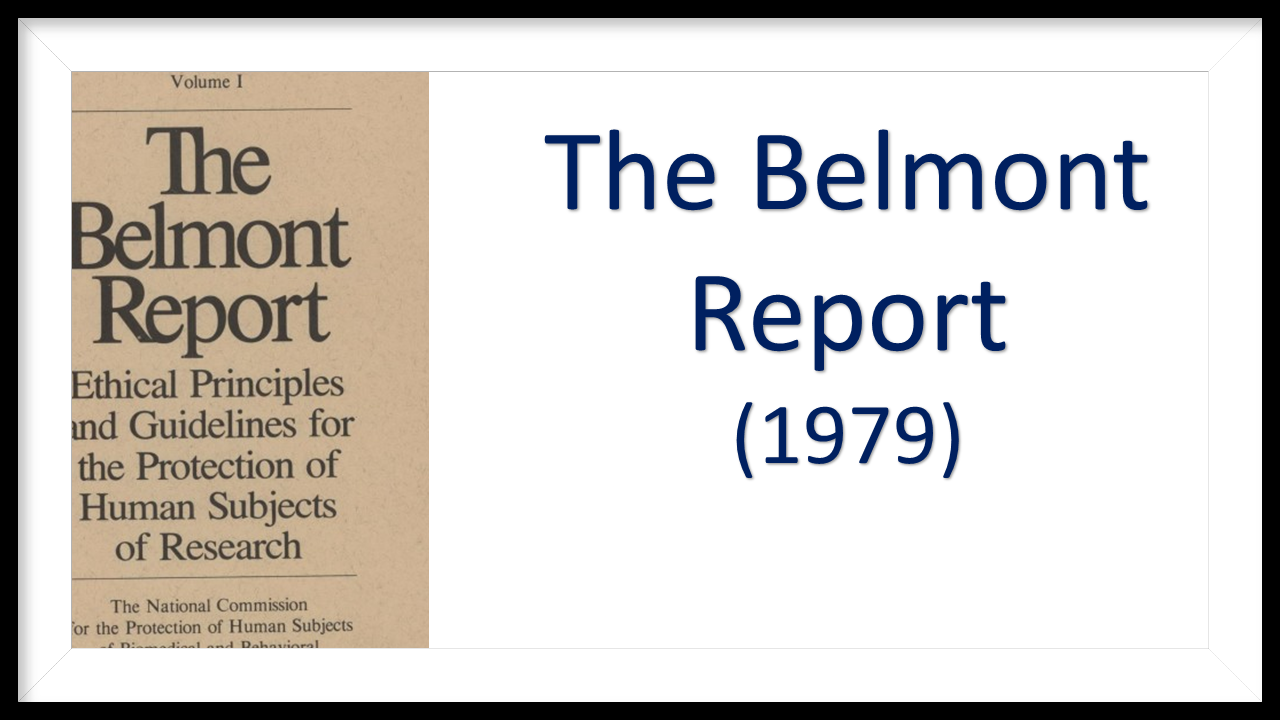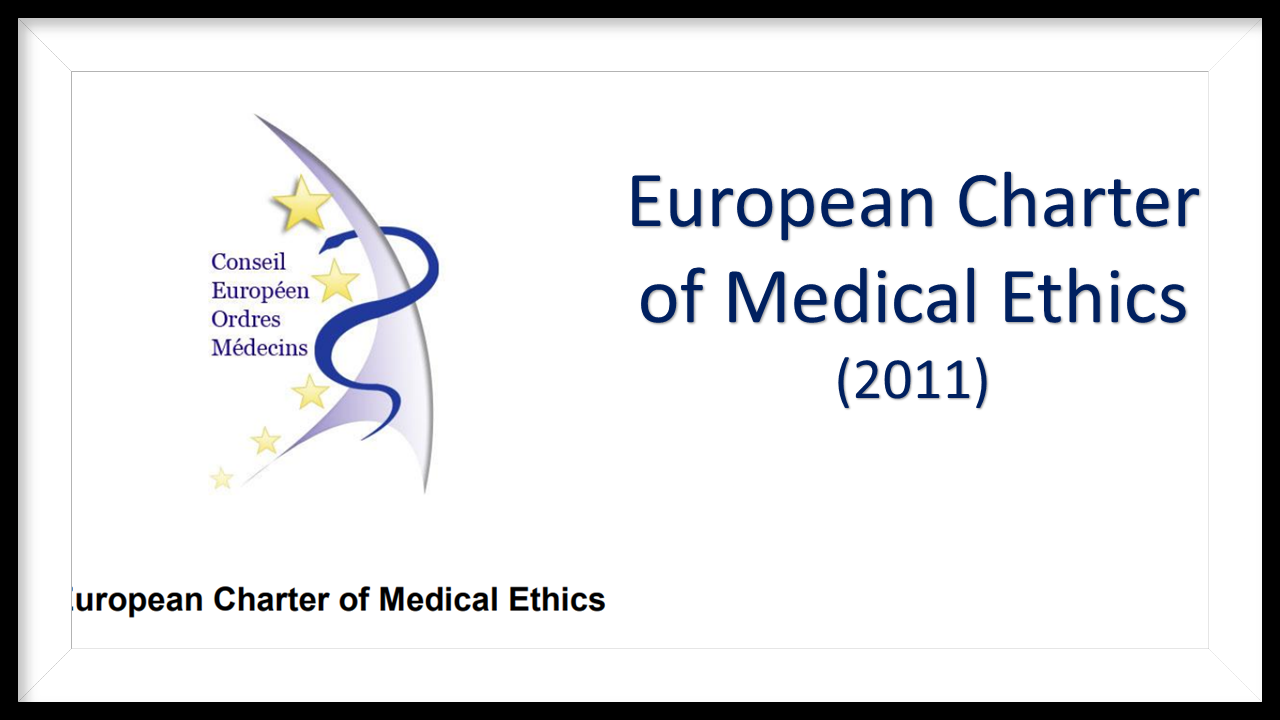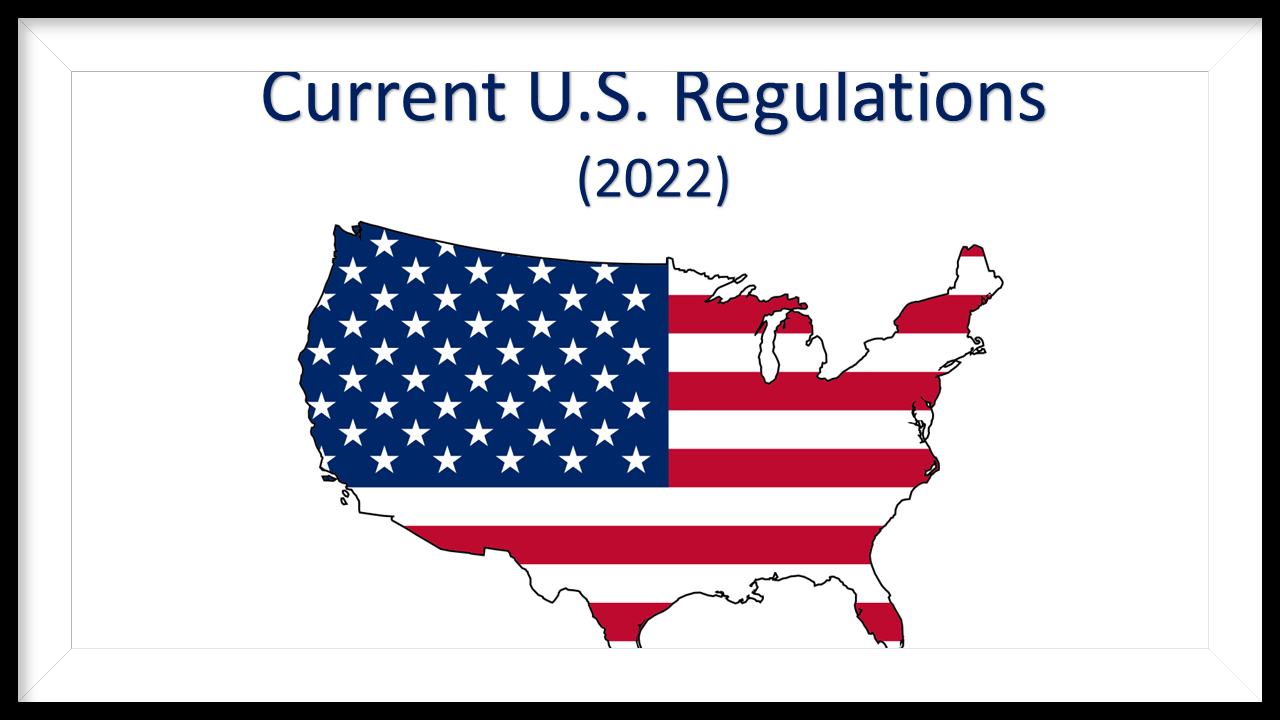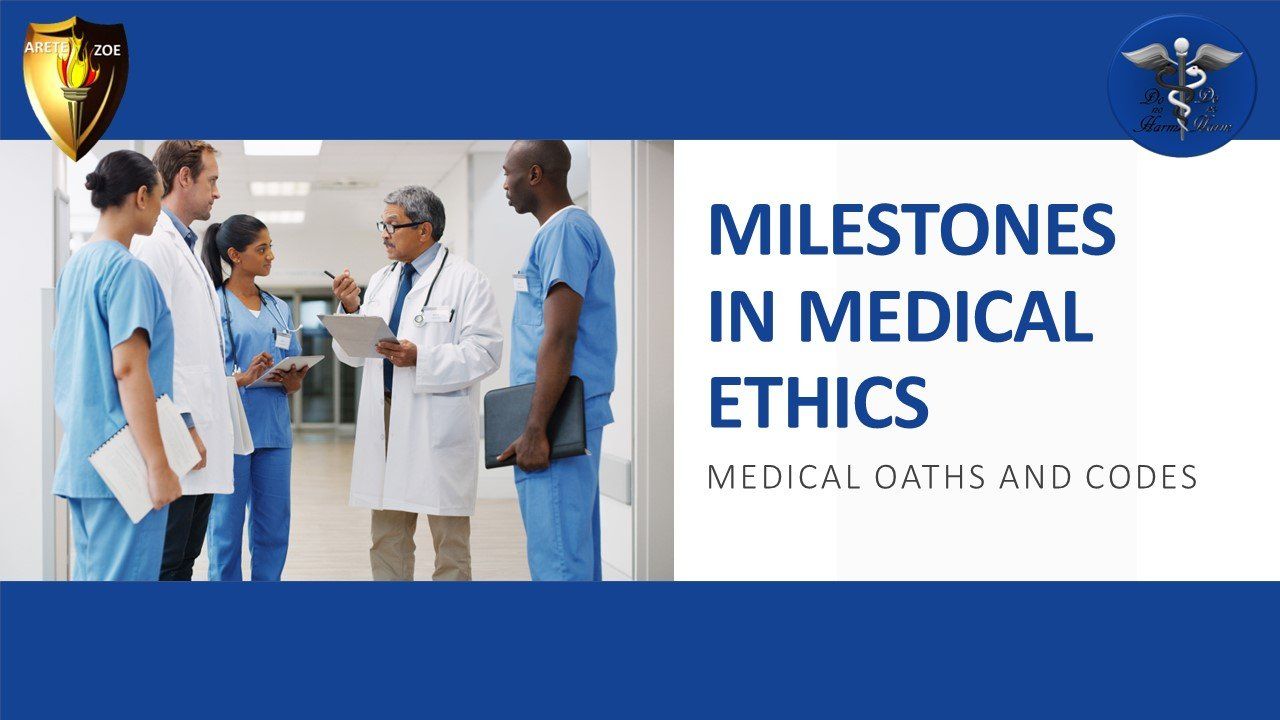Get in touch
555-555-5555
mymail@mailservice.com

Follow VAERS Explorer on Social Media
WMA International Code of Medical Ethics
(1949, last revised 2006)
WMA International Code of Medical Ethics was first adopted by the 3rd General Assembly of the World Medical Association, London, England, October 1949. Major amendments were made in 1968, 1983 and 2006.
Duties of Physicians in general
- A PHYSICIAN SHALL always exercise his/her independent professional judgment and maintain the highest standards of professional conduct.
- A PHYSICIAN SHALL respect a competent patient’s right to accept or refuse treatment.
- A PHYSICIAN SHALL not allow his/her judgment to be influenced by personal profit or unfair discrimination.
- A PHYSICIAN SHALL be dedicated to providing competent medical service in full professional and moral independence, with compassion and respect for human dignity.
- A PHYSICIAN SHALL deal honestly with patients and colleagues, and report to the appropriate authorities those physicians who practice unethically or incompetently or who engage in fraud or deception.
- A PHYSICIAN SHALL not receive any financial benefits or other incentives solely for referring patients or prescribing specific products.
- A PHYSICIAN SHALL respect the rights and preferences of patients, colleagues, and other health professionals.
- A PHYSICIAN SHALL recognize his/her important role in educating the public but should use due caution in divulging discoveries or new techniques or treatment through non-professional channels.
- A PHYSICIAN SHALL certify only that which he/she has personally verified.
- A PHYSICIAN SHALL strive to use health care resources in the best way to benefit patients and their community.
- A PHYSICIAN SHALL seek appropriate care and attention if he/she suffers from mental or physical illness.
- A PHYSICIAN SHALL respect the local and national codes of ethics.
Duties of Physicians to Patients
- A PHYSICIAN SHALL always bear in mind the obligation to respect human life.
- A PHYSICIAN SHALL act in the patient’s best interest when providing medical care.
- A PHYSICIAN SHALL owe his/her patients complete loyalty and all the scientific resources available to him/her. Whenever an examination or treatment is beyond the physician’s capacity, he/she should consult with or refer to another physician who has the necessary ability.
- A PHYSICIAN SHALL respect a patient’s right to confidentiality. It is ethical to disclose confidential information when the patient consents to it or when there is a real and imminent threat of harm to the patient or to others and this threat can be only removed by a breach of confidentiality.
- A PHYSICIAN SHALL give emergency care as a humanitarian duty unless he/she is assured that others are willing and able to give such care.
- A PHYSICIAN SHALL in situations when he/she is acting for a third party, ensure that the patient has full knowledge of that situation.
- A PHYSICIAN SHALL not enter into a sexual relationship with his/her current patient or into any other abusive or exploitative relationship.
Duties of Physicians to Colleagues
- A PHYSICIAN SHALL behave towards colleagues as he/she would have them behave towards him/her.
- A PHYSICIAN SHALL NOT undermine the patient-physician relationship of colleagues in order to attract patients.
- A PHYSICIAN SHALL when medically necessary, communicate with colleagues who are involved in the care of the same patient. This communication should respect patient confidentiality and be confined to necessary information.
References
WMA International Code of Medical Ethics (2006). Available at: https://www.wma.net/policies-post/wma-international-code-of-medical-ethics/
Last updated: September 10, 2022
Milestones in Medical Ethics
Follow VAERS Explorer on Social Media


